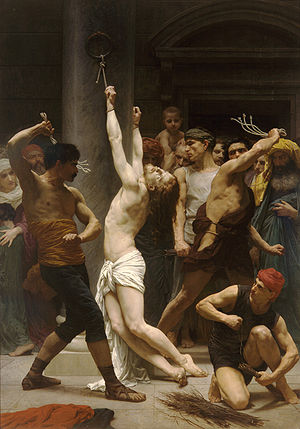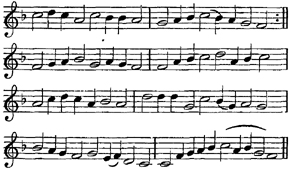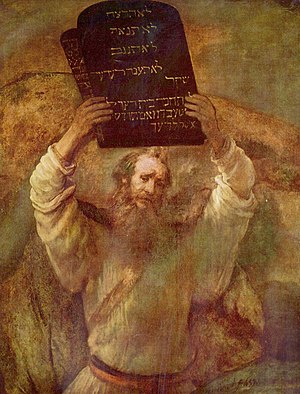Five Antithesis in the Sermon on the Mount
Matthew 5--7
| “you have heard” | “but I say” | Explanation / application | Direction of the Law: |
|
“do not commit murder”
“whoever commits murder is liable in court” |
“do not be angry”
saying “raca” is enough to be liable in the supreme court; banished to hell. |
Be reconciled to another before you present your worship to God. Better to make friends than go to court. |
The law spoke to not merely the external but the psycho-sins lying behind the act, such as anger and insults. |
|
“do not commit adultery”
“Whoever divorces his wife, let him give her a certificate of dismissal.” |
“do not look…commit adultery in your heart”
“Everyone who divorces his wife makes her commit adultery…” |
Be rid of those parts of your body which offend God rather than all of you perish.
Except for the cause of unchastity |
The law condemned not only actual acts, but the psycho-sin of lust. The law allowing divorce supported marriages, not to permit their dissolution. |
|
“do not make false vows, but fulfill your vows to the Lord” |
“make no oath at all” |
It should be enough that you stand behind your word |
The law of oaths was to make your word good, without the need for an outside witness. |
|
“An eye for an eye, a tooth for a tooth” |
“do not resist, but turn the other cheek.. |
“give your shirt and coat… walk two miles… give to him who asks.” |
The law instructed Israel’s judiciary for the punishment to fit the crime. The law limited prohibited unmeasured vengeance. |
|
“love your neighbor, and hate your enemy” |
“love your enemies” |
God’s common grace is a pattern for ethical living. |
The Law never allowed for preferential treatment of others. |



 bound for heaven?
bound for heaven?












